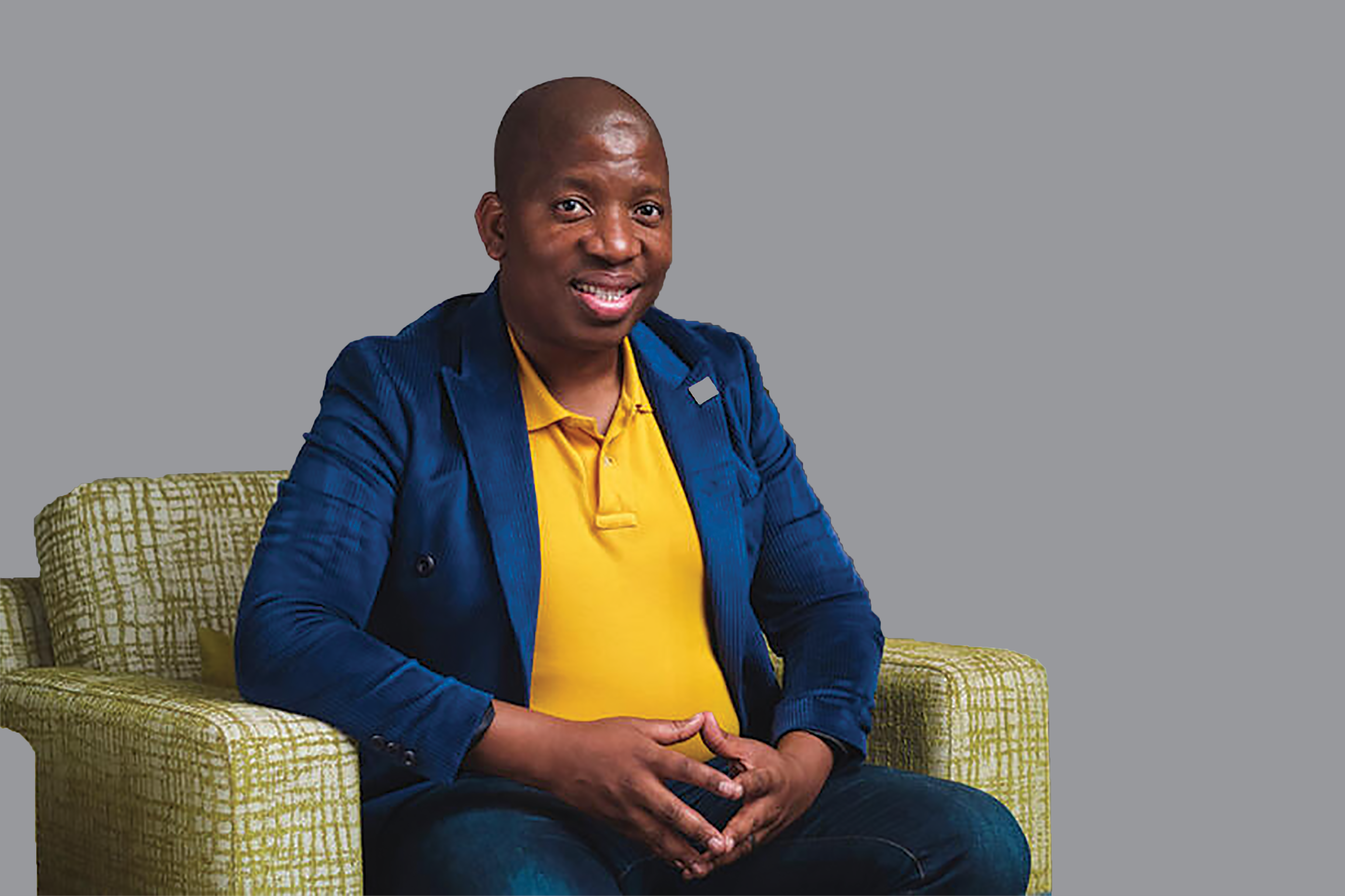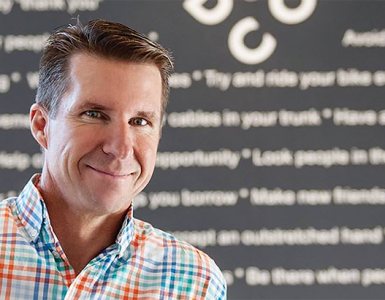Hair: : Selling hair extensions is a lucrative business in the continent
By Isaac Moledi
A villager has told how how he grew a small business into a multi-million rand hair extension. Shadrack Kubyane, dubbed “Africa’s Blockchain Baron”, says he successfully grew a small, R7 750 a year business selling hair extensions into a R31 million annual revenue enterprise in just three years.
Kubyane, a humble, genial South African businessman who describes himself as a villager at heart, is the co-founder of Coronet Blockchain, a blockchain consultancy and business-to-businessto-consumer marketplace that is currently using blockchain to transform Africa’s R109 billion hair extensions sector. In Africa, Kubyane says hair is big business, from the supply chain of human hair products, to hair suppliers, salon businesses and associated services.
Kubyane co-founded Coronet Blockchain, a company looking to create an end-to-end transparent supply chain by harnessing the power of technology. According to him, blockchain’s capabilities can be leveraged to repair the continent’s broken and fragmented supply chains. Kubyane will share his vision and insights with African supply chain professionals at the upcoming 2022 SAPICS Conference.
Now in its 44th successful year, the annual SAPICS Conference is Africa’s leading knowledge sharing and networking event for supply chain professionals. Hosted by SAPICS – the professional body for Supply Chain Management – the conference takes place from June 12 to 15 this year at Century City Conference Centre, Cape Town.
Kubyane says that he started honing his business acumen when he was 11 years old. “When my mom started multiple businesses, she asked me to manage and grow them,” he recalled.
Asked when, how and why he started the business, he says: “Back in 2013 we were approached by an ex-colleague who had a human hair extensions business. She wanted our expertise to put systems in place in order to formalize the business.” Within 36 months, Kubyane says they evolved the brand into four branches with two of them inside 5 star hotels, achieving about R31 million annual revenues and employing 40 full-time trained and certified staff.
After this success story, Kubyane says they were approached by mainstream retail brands with over 200 department stores across Africa to supply the human hair extensions products at sale. “Parallel to that, we had overwhelming requests from salons across Africa wanting the same success story.”
According to him, 38% of the 100 million human hair pieces sold in Africa are fake while 80% of the salons lacked business systems that are critical to sustainability, which is, booking systems and inventory management systems.
“Coronet Blockchain was founded to provide quality authenticated human hair extensions and hair care products to Africa salons and retailers from vetted global manufacturers at low sourcing costs, with tech features such as booking and inventory management.”
While the company’s roots are in the multi-billion-dollar African hair extensions business, Kubyane wants to use blockchain to strengthen other African supply chains and build Africa’s economies, companies and communities.
The company prides itself on working with ethical global manufacturers and achieving lower sourcing costs – thanks to blockchain’s capabilities. “We securely track human hair pieces from source to customer. We understand that 100% human hair requires 100% secure tracking.”
Looking ahead, he plans to add impetus to the business’s consulting services, whereby Coronet Blockchain assists organisations and governments with their blockchain journeys. He also intends to focus on opportunities to leverage blockchain across beauty, fashion and food supply chains, for social good and to improve and advance Africa’s supply chains.
“Ethical sourcing has been preached for too long. We hold the digital know-how in our hands, to make it possible, so we must do it now. Blockchain is creating a level playing ground for all players in African trade, especially small, medium and micro enterprises. For me, blockchain is more about people and communities than it is about technology.
The tech functions simply enable the attainment of shared community values. I am for communities. I am for Africa. Perhaps that is why some people call me the Blockchain Baron of Africa,” Kubyane says. He notes that the Africa Continental Free Trade Agreement envisions adding about R6.97 trillion to Africa’s inter-trade. “Historically, however, the majority of our continent’s supply chains are built in favour of exporting value away from Africa, not inwards for inter-trade.
“Most of Africa is built around extraction not synergy, and as a result, the continent is now faced with an infrastructure deficit across the supply chain. It is a lot easier to move things from China and Europe into Africa than it is to move things within Africa, and we need to repair that.”
In his SAPICS Conference presentation, Kubyane says he will share practical ways to leapfrog these trade gaps, “to deliver advantages for Africa’s economies, companies, and communities”. “In this presentation, we will examine three supply chains that are aligned to benefit promptly from blockchain implementation. By mid-June, when the SAPICS Conference takes place, we will be 654 Saturdays away from Africa’s population exceeding 2 billion, on 1 January 2035. This makes the futureproofing of Africa’s supply chains mission critical.’’
Published on the 52th Edition. Get E-Copy






























